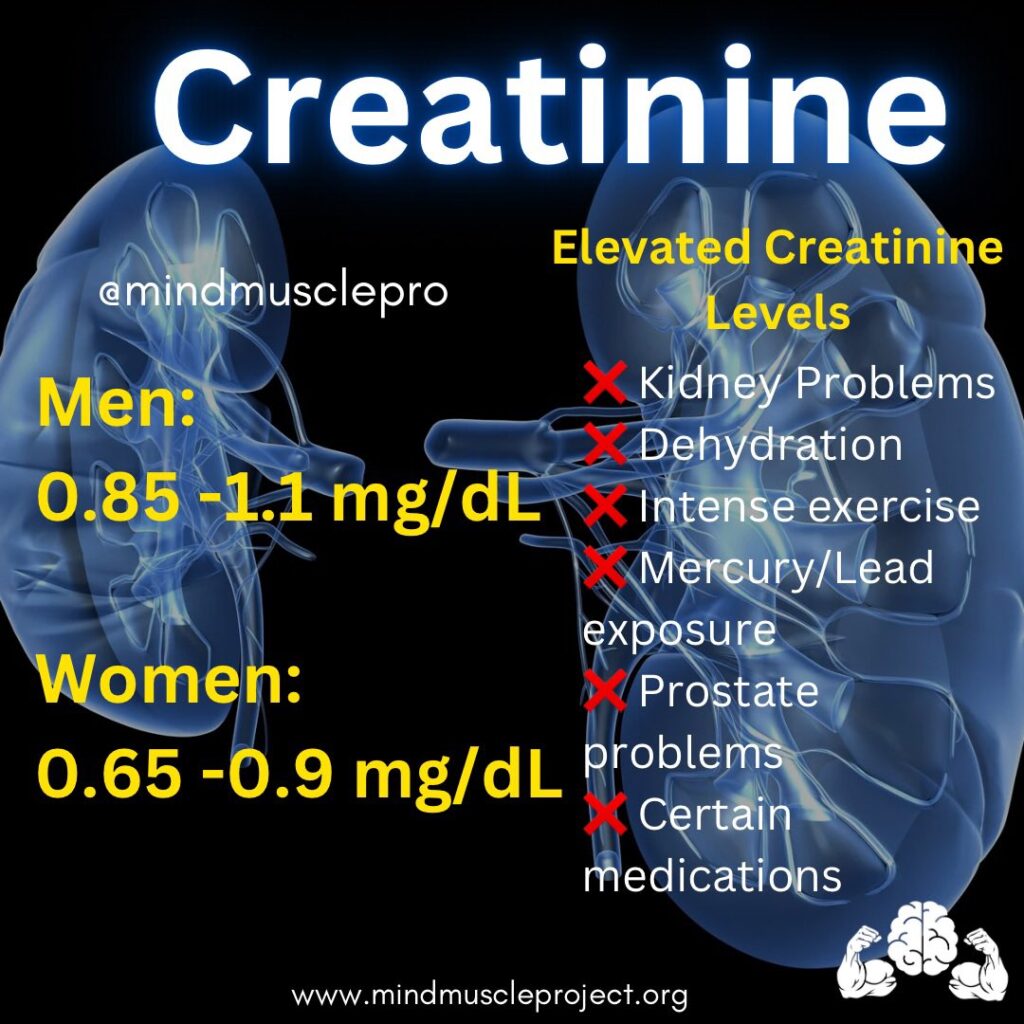C-reactive protein (CRP) is a key marker that sheds light on inflammation levels in the body. Produced by the liver in response to inflammation, CRP levels rise when your body is dealing with infections, injuries, or chronic inflammatory conditions. Monitoring CRP levels through blood tests is an essential part of understanding both acute and chronic inflammation, as well as assessing cardiovascular risk.
Let’s dive into the details of CRP, the types of tests available, and what the results mean for your health.
What is CRP? #
CRP is a protein released by the liver in response to inflammation in the body. Inflammation can result from a variety of causes, ranging from infections to chronic conditions like arthritis or even lifestyle factors such as poor diet and stress.
The amount of CRP in the blood indicates the severity and type of inflammation. Elevated CRP levels are often one of the first signs that your body is fighting an issue, making this marker invaluable for detecting underlying health concerns.
Two Types of CRP Tests #
There are two primary tests to measure CRP levels:
1. Standard CRP Test #
This test measures significant levels of inflammation in the body. It is commonly ordered when there is suspicion of acute conditions such as infections or chronic inflammatory diseases like rheumatoid arthritis.
CRP Levels:
- Below 10 mg/L: Ideal, indicating minimal or no acute inflammation.
- Above 10 mg/L: Signifies acute inflammation, which could be due to infections, severe injury, or chronic inflammatory disorders.
2. High-Sensitivity CRP (Hs-CRP) Test #
Hs-CRP stands for high-sensitivity C-reactive protein. It is a more precise test used to detect even minor increases in CRP levels, often associated with chronic low-grade inflammation.
This test is particularly valuable for assessing cardiovascular health. Chronic inflammation, even at low levels, is a known risk factor for heart attacks and strokes.
Hs-CRP Levels:
- Below 1 mg/L: Ideal, indicating low cardiovascular risk.
- 1–3 mg/L: Moderate risk, suggesting the presence of some inflammation that may impact heart health.
- Above 3 mg/L: High risk, signaling significant inflammation and an increased likelihood of cardiovascular events.
The Importance of CRP Testing #
CRP tests serve different purposes depending on whether you’re evaluating acute or chronic conditions. The Standard CRP test is typically used in situations where the inflammation is obvious or severe, such as infections or autoimmune diseases. On the other hand, the Hs-CRP test provides insights into subtler, chronic inflammation, helping identify long-term risks like cardiovascular disease.
Precautions for Accurate Test Results #
To ensure the most accurate readings, certain precautions should be taken before a CRP test:
- Avoid strenuous exercise at least 48 hours before the test. Intense physical activity can temporarily elevate CRP levels, leading to misleading results.
- Inform your healthcare provider about any medications or conditions that might influence the test outcomes, such as infections, recent injuries, or ongoing chronic diseases.
Why CRP Levels Matter #
CRP levels are not just numbers; they are an insight into your body’s inflammatory state.
- Acute inflammation, reflected by elevated standard CRP, might indicate infections or injuries that require immediate attention.
- Chronic low-grade inflammation, detected through Hs-CRP, could signify risks that demand lifestyle changes, such as improved diet, regular exercise, or stress management, to prevent long-term health issues like heart disease.
Monitoring CRP is a simple but powerful way to understand your health. Discuss your CRP test results with your healthcare provider to identify potential risks early and create a plan to manage or reduce inflammation effectively. Staying proactive with your health is the key to a healthier, inflammation-free life.





